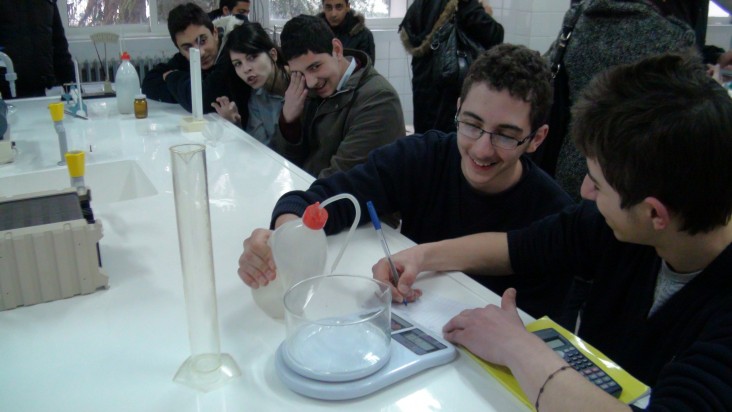Lebanon
- History
- Our Work
- Foreign Assistance Data
- Newsroom
Speeches Shim

The quality of Lebanon’s public school system suffered with the outbreak of the civil war in 1975 and the system continues to face significant challenges. Approximately two-thirds of Lebanese children now attend costly private schools, and public schools have become the last resort for families without means. The quality of private education is higher than public education, resulting in increased gaps between more economically advantaged youth and their poorer peers who cannot afford quality private education. Lebanese public schools suffer from a severe shortage of qualified English and French speakers who can teach math and science in these languages. In addition, a large number of public schools have infrastructure problems, such as broken windows and leaking roofs.
USAID works in coordination with the Ministry of Education and Higher Education (MEHE) and American Educational Institutions to improve the quality of basic and higher education in Lebanon. The aim of our elementary education programs is to enhance student achievement by improving educational environments with repairs and equipment; increasing learning opportunities through teacher training and extra-curricular activities; and increasing stakeholder engagement in public schools. In higher education, USAID helps to prepare talented, low-income public school students from across Lebanon for careers in high-demand fields and to make contributions as leaders in their community, region and the world.
Our impacts in this sector include:
- Rehabilitating the Lebanese public school system by upgrading buildings, providing resources, promoting community engagement in schools and training teachers.
- Providing merit-based scholarships to public high school graduates from across Lebanon who need financial assistance.


Comment
Make a general inquiry or suggest an improvement.